RTT 2024 predictions foresee UK food, health and beauty spending up, home sector down
In the latest 2024 Retail Outlook report from the Retail Think Tank (RTT), an independent board of retail experts that participate in the quarterly UK Retail Health Index (RHI) metric compiled by KPMG, a return to volume growth in food sales is predicted.
Simultaneously, there will be increased spending in small scale health and beauty products like lipstick in the year ahead, as consumers cut down on ‘big ticket’ homeware spending in the face of rising interest rates and the cost of living (COL) crisis.
Fashion is expected to remain stagnant, according to the FTT 2024 Retail Outlook report, but polarisation between the Value and Luxury segments will continue, with the middle ground suffering at the expense of the other two spending categories.
In addition, ‘purpose’ driven retail offerings that include such things as circular retail and sustainable shopping formats are expected to experience growth in 2024 in the UK, as consumers act on their personal green and recycling goals, which can coincidentally align with COL-induced savings drives.
Food retail
The RTT is predicting a return to volume growth in the UK food retailing sector in 2024, after two years of falling volumes due to COL pressures. RTT member, Mike Watkins, who is Head of Retailer Insight at NIQ, is foreseeing headline value growth of 4-5% in 2024 in UK food retail as grocers benefit from a move away from expensive eating out, with volumes up around 0.5-1% in 2024.
Discounter grocers stellar performance is set to continue in the new year as consumers switch supermarket allegiance and also opt for more own branded goods, according to the RTT.
Lidl and Aldi posted 12% and 8% sales rises respectively earlier this week off the back of record-breaking Christmas 2023 sales. Lidl is continuing its run as the fastest growing UK supermarket at the moment. Traditional players, such as Sainsbury’s, Tesco and so on, are having to respond with price cuts and increased focus on data-led loyalty programmes and reward savings schemes to retain customers.
“Most of the growth in 2024 will again come from the Discount and Value retail channels, with Aldi and Lidl having crossed the threshold of a combined 20% market share after over 20 years [trading] in the UK,” said Watkins.
Fellow RTT panel member, Nick Bubb, a retail consultant, added that: “Sales growth for the big [established] supermarkets in 2024 is likely to be more subdued, with the boost from grocery price inflation dropping away.”
RTT colleague, Maureen Hinton, also a retail consultant and a former Globaldata Director, is confident the “switch to own brands will continue in 2024” as she predicts that consumers will prioritise their needs and be “more selective about where they shop, and what they buy.”
Health & beauty sector
The ‘lipstick effect’ - where consumers buy small ‘everyday’ treats rather than big-ticket items in economic downturns - prompted a +5.6% uptick in Pharmacy and Health & Beauty sales last year, according to Barclaycard’s annual spending survey, cited by RTT member, James Sawley, who is Head of Retail & Leisure at HSBC, in his day job. As he pointed out: “Consumers favour the small luxuries in life and focus on wellness” during stagnant or muted economic growth periods.
Co-Chair of the RTT, RetailNext’s Gary Whittemore added that “while economic growth remains slow for 2024, the outlook for retail is muted for most sectors outside Grocery and Beauty.”
Fashion & circular economy
The RTT’s analysis of wider economic data includes a prediction that the circular economy will continue to grow, especially in the fashion sector, which has been one of the early adopters of reuse and resale circular models. The global apparel resale market is expected to grow 127% by 2026, according to a survey carried out by ThredUp, a player in this space, entitled the Resale Report 2023 – that is three times quicker than the wider clothing industry is growing.
The polarisation of the fashion sector, with the middle ground suffering as the value and luxury sectors rise, is set to continue as well. The RTT analysis of the year ahead cites McKinsey’s State of Fashion 2024 report as further proof of its own board member’s findings. The report forecasts that global apparel will post top-line growth of between 2-4% this year, with the luxury segment expected to generate the biggest share of economic profit. It is also most ripe for the reuse circular market. Fast fashion tends to be thrown away.
RTT member, HSBC’s James Sawley, expects to see the pivot towards ultra-value or ultra-luxury continuing: “The most successful retail companies in 2024 will… be pivoting towards either end of the value spectrum,” he said. “The emergence of Shein and now Temu, both rapidly growing in the UK, is a reminder of just how value conscious the consumer is right now, while only the ultra-luxury players are still performing well against softer consumer demand [induced by cost of living pressures].”
Big ticket homeware sales will suffer in 2024
The RTT’s 2024 Outlook report expects the home retail sector to face a challenging year ahead, with board member Maureen Hinton, a consultant and ex-Globaldata Director, suggesting “a slow housing market, and the ending of the pandemic boom for home-related big-ticket items and technology delaying the replacement cycle” means it is more challenging than it has ever been for home-related retail sectors.
The analysis is backed up by the aforementioned Barclaycard 2023 annual spending survey, where the data shows Home Improvement & DIY spend fell -4.7% year-on-year in 2023, while Furniture stores also experienced a -5.2% downturn in takings last year, as consumers reign in any spending on big-ticket purchases.
Fellow RTT board member and consultant, Bubb, Nick Bubb, pointed out the ongoing “hurt of big rises in interest rates” as a depressive factor on the performance of the big DIY and homeware retailers in 2024. “Much depends on when the Bank of England (BoE) feels able to start to lower interest rates,” he said, as this will relieve the pressure on “big ticket” spending. However, this is “unlikely to happen before the second half of the year.”


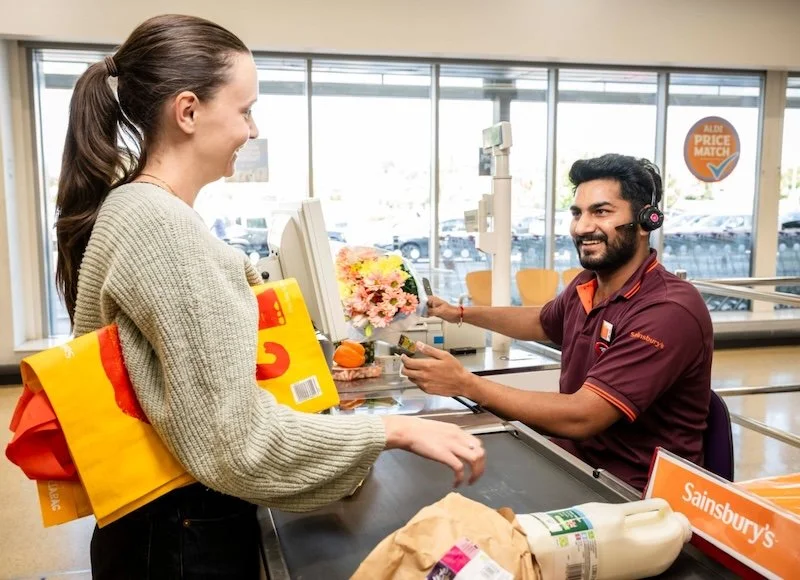
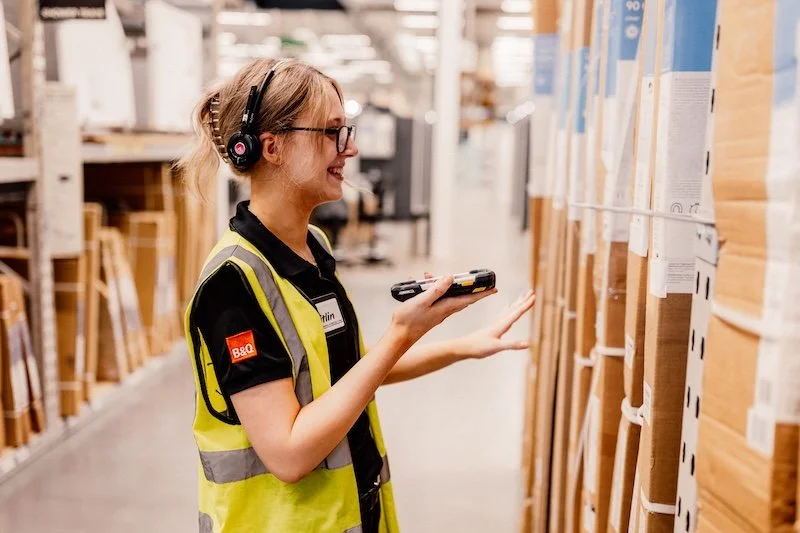
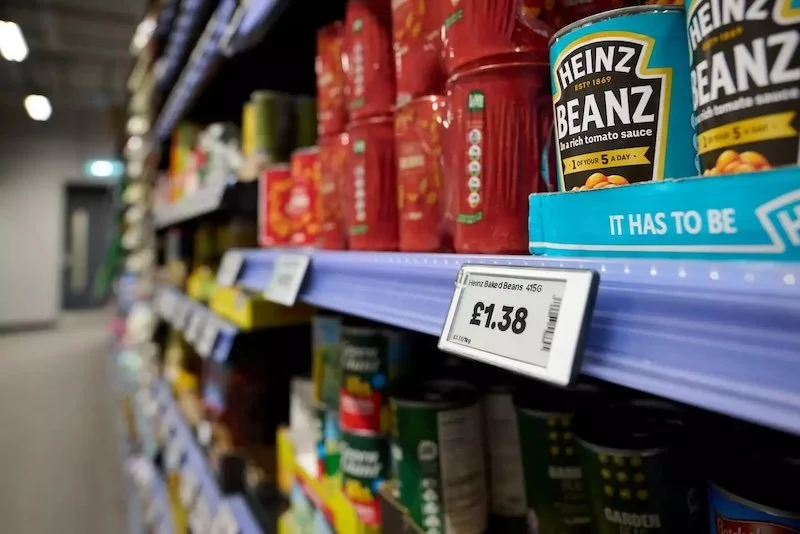



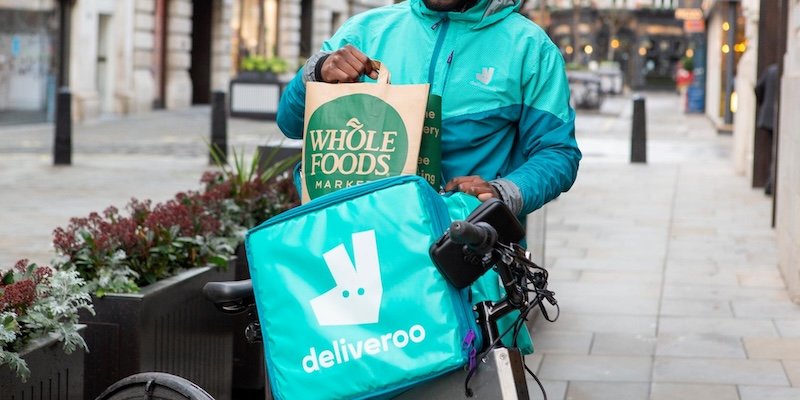

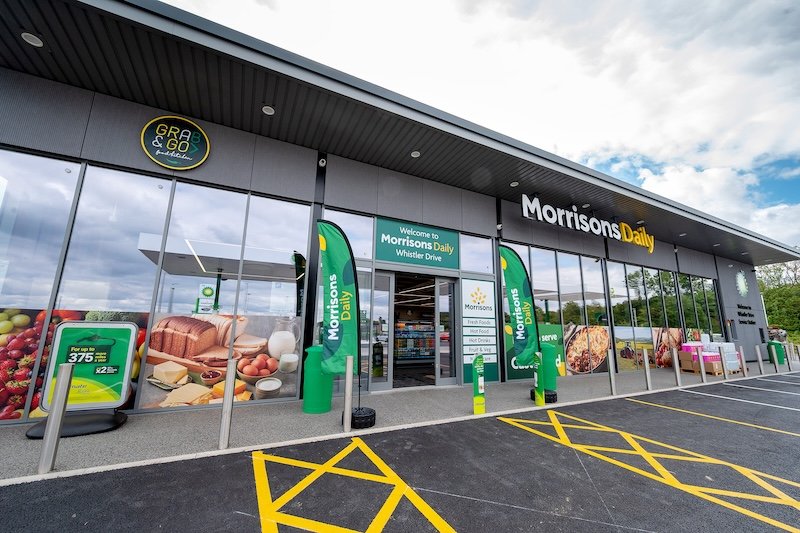




Continue reading…